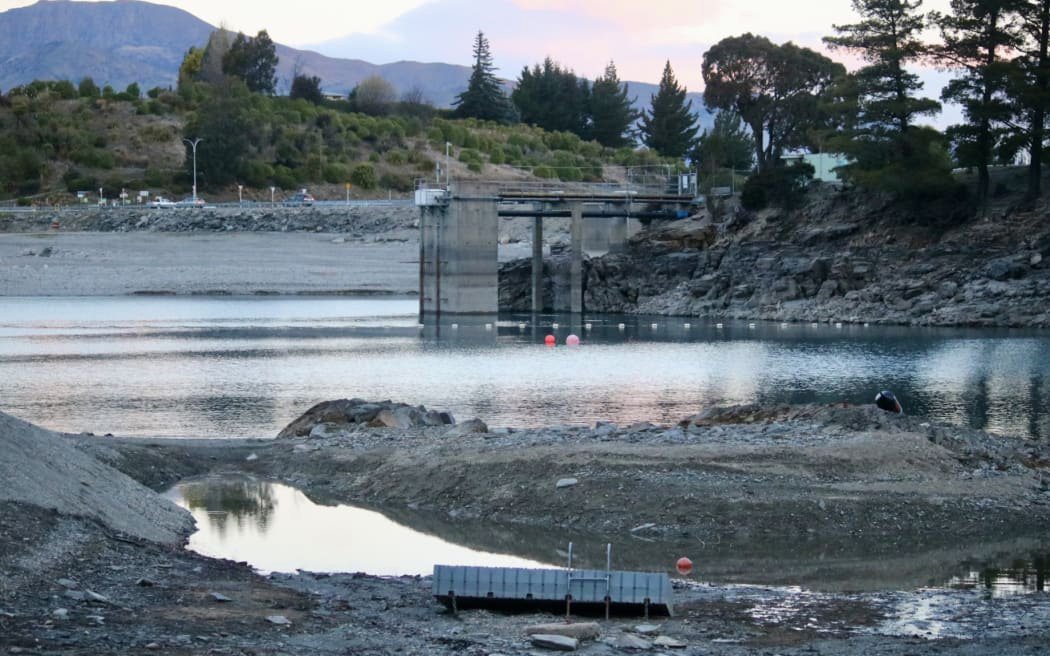
Otago regional councillor Michael Laws has been vocal in his support for the Hāwea community, where an apparent majority were opposed to Contact Energy’s application to increase its hydro take beyond current consented levels.
Yesterday, the government declined Contact’s application for the extended limits under fast-track legislation, after agreeing the project could have significant adverse effects on the environment.
Cr Laws said the announcement was a "great victory" for the province as a whole.
"The Hāwea community have won a great victory and all of Otago should be in your debt.
"This was a dog of an idea from day one and that has been recognised by the Minister [for Infrastructure, Chris Bishop]. Contact owe the local community an apology for promoting such a dumb idea in the face of the obvious science and damage to the lake, aquifer and local water supply.
"This is a win for all Otago, not just the Central Lakes region."
Contact had proposed reducing the lake's minimum operating level from 338m above sea level to 336m and, in extreme circumstances, dropping it as low as 330m. It said the move would boost renewable energy generation and help safeguard electricity supply.
But during a community meeting attended by Cr Laws and more than 300 residents last month, local people said the potential effects of such a change could be "devastating".
Local farmer Jerry Rowley recalled the "unmitigated disaster" of the 1970s when a drop in lake levels prompted widespread dust storms and a "scene of desolation".
Residents also raised concerns they could be left without drinking water, if the lower levels depleted aquifers for those using bores.
In response, Contact head of hydro generation Boyd Brindson said the proposal was about "security of [electricity] supply".
"What it is about is making sure that we actually get the balance right in New Zealand.
"We can no longer in this country rely on gas to keep the lights on, to keep our industries running, to keep our homes warm."
He said the lake would "seldom" be at the end of the operating range and was unlikely ever to drop as low as 330m.











